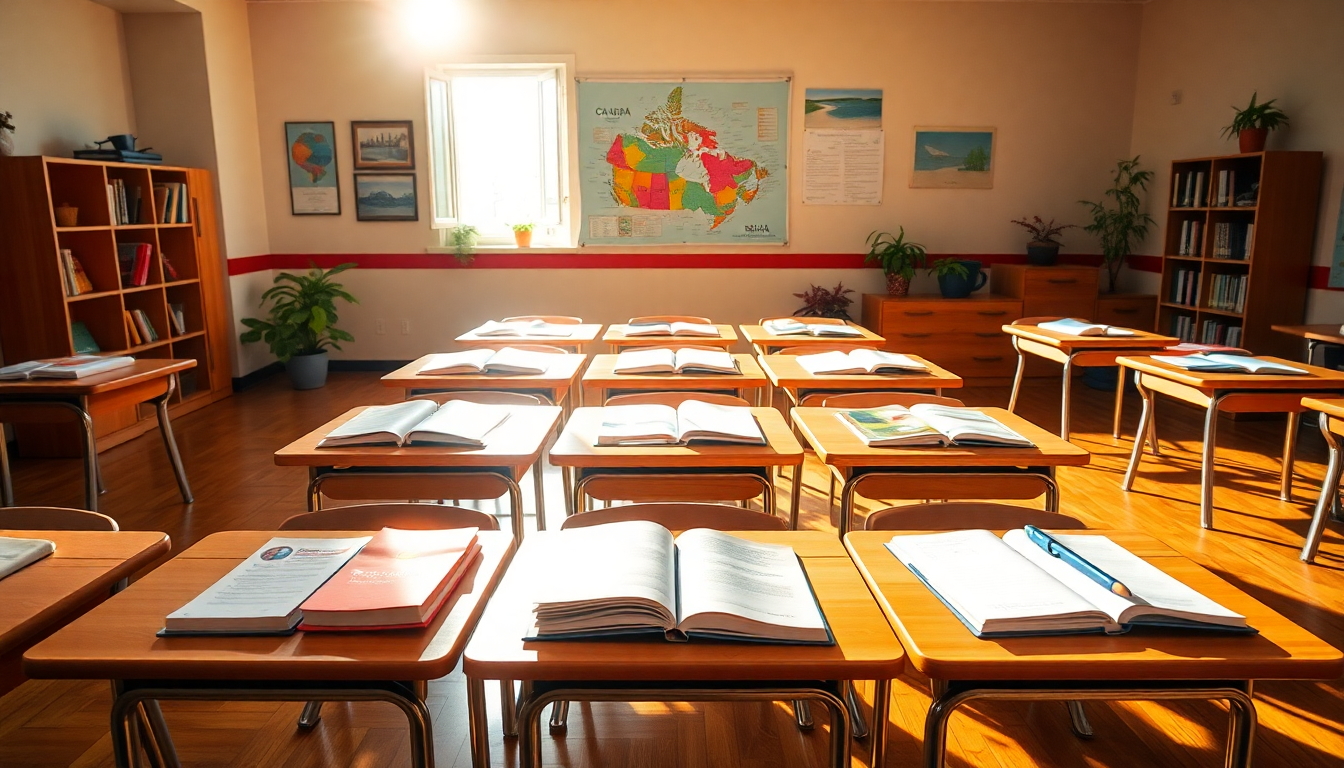Table of Contents
In Alberta, the debate surrounding educational access for undocumented children is heating up. Right now, many kids are being denied the opportunity to attend public school simply because of their undocumented status. This situation has sparked a wave of concern from advocacy groups and everyday citizens alike. It’s not just about education; it’s about fundamental human rights and the futures of these children in Canadian society. How can we turn a blind eye to the educational aspirations of so many?
The Current Educational Landscape
When you look at Alberta’s educational policies regarding undocumented children, the contrast with provinces like Ontario is striking. In Ontario, legislation mandates that all children, regardless of immigration status, must be enrolled in school. So, what does that mean for families in Alberta? Take the Zapata family, for example. After moving to Canada in search of refuge, they found themselves navigating a maze of bureaucracy, only to discover that their children couldn’t attend school after their refugee status application was denied. Sadly, this is a reality for many undocumented families across the province.
Advocacy groups estimate that the number of undocumented individuals in Canada could climb to as high as 500,000, with a significant number living right here in Alberta. The absence of clear educational policies for these children raises serious questions about the province’s commitment to providing education—something that is recognized as a right in international agreements like the United Nations Convention on the Rights of the Child. Shouldn’t every child have the right to learn, no matter their circumstances?
The Impact on Families and Communities
The emotional and psychological toll on families affected by these policies is staggering. Children like the Zapata siblings, who are eager to learn, are left without the educational opportunities that their peers take for granted. Ariana, the eldest, is determined to share what she knows with her younger siblings, showcasing a resilient spirit amidst adversity. But the harsh truth is that without formal education, their future prospects look bleak. Isn’t it heartbreaking to think of all the potential being wasted?
Social worker Samantha Vaux points out the damaging effects of keeping children out of school, emphasizing that education is not just a privilege but a fundamental right. When we deny education to these children, we’re not just impacting them—we’re affecting entire families and communities, leading to increased social inequality and lost potential. As families become more isolated, society as a whole misses out on the contributions these educated and engaged citizens could bring. Isn’t it time we change this narrative?
Calls for Legislative Change
Recently, advocacy groups have intensified their efforts to encourage the Alberta government to rethink its policies regarding education for undocumented children. Following a significant vote by the Edmonton Public School trustees, there’s a growing call for the province to align its laws with principles of inclusivity and compassion. Education Minister Demetrios Nicolaides has faced criticism for not offering clear answers about possible changes, leaving many families in a state of uncertainty. What will it take for policymakers to act?
As stakeholders push for reform, it’s becoming increasingly evident that we need a clear pathway for undocumented children to access education. This debate extends beyond schooling; it touches on social justice and the moral responsibility of society to uphold the rights of all children, regardless of their immigration status. Advocates argue that it’s unfair to penalize children for the decisions made by adults, and legislative changes are crucial for creating a more equitable educational landscape. Don’t you think every child deserves a fair shot at their future?
Looking Ahead: Possible Outcomes
The future of education for undocumented children in Alberta largely depends on how willing policymakers are to tackle these complex issues directly. With advocacy efforts ramping up and public awareness growing, there’s a sense of hope that the province will eventually take steps to align its educational policies with those in more progressive regions like Ontario. If successful, these reforms could lead to a more inclusive educational environment that allows all children to thrive, regardless of their background. Isn’t that a future worth striving for?
The movement for change underscores a vital belief: education is a right that should be accessible to every child. It’s up to us as a society to ensure that this right is not just a lofty ideal, but a reality for all. Are we ready to step up and make a difference?


